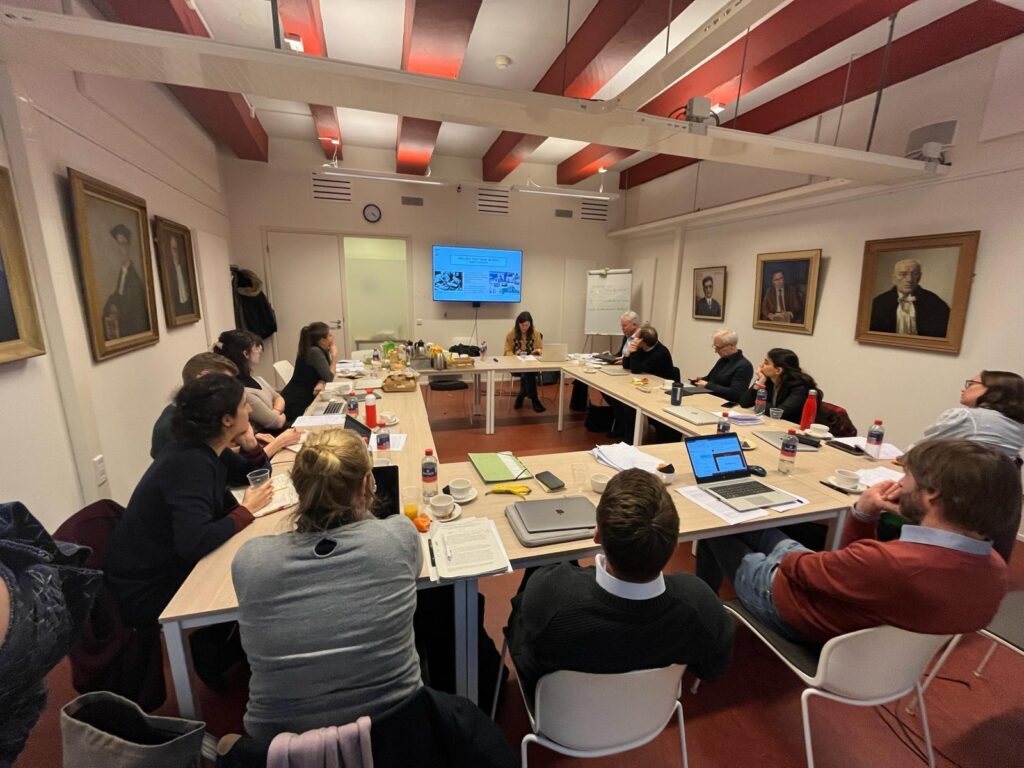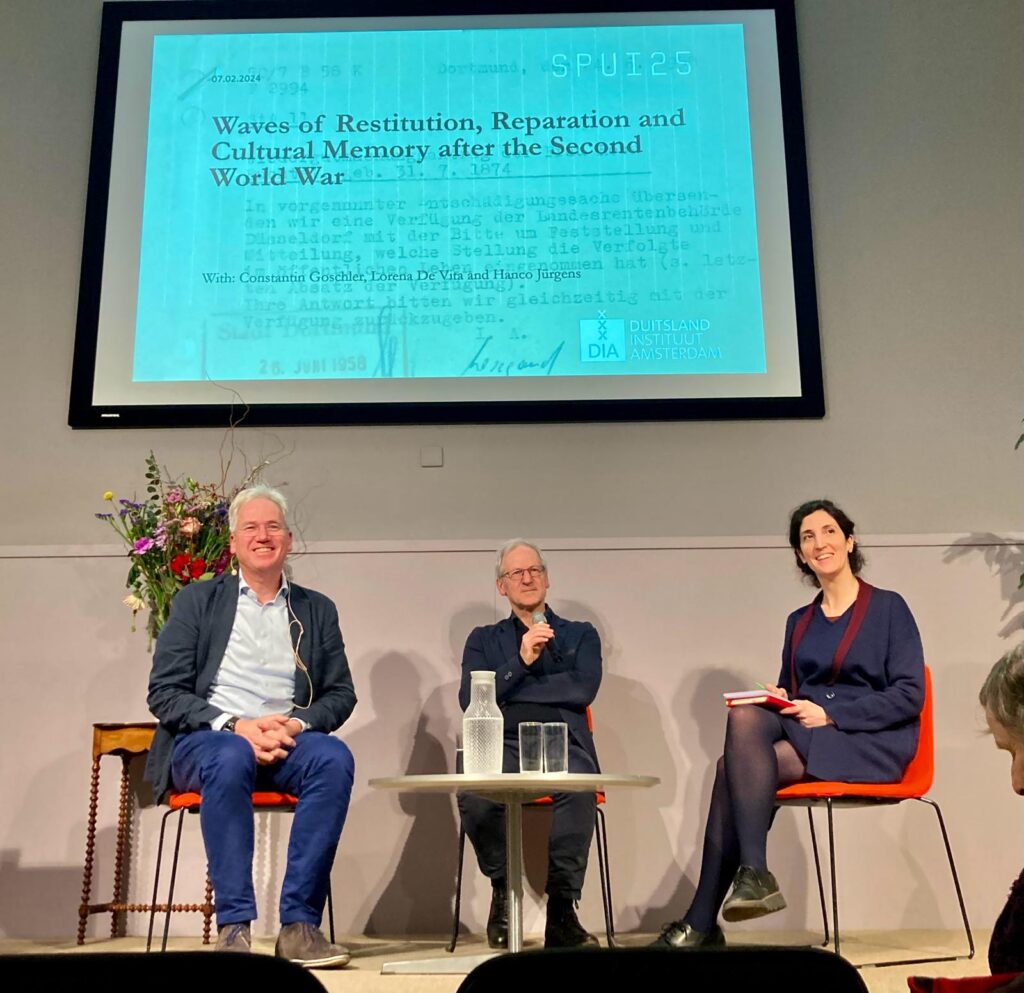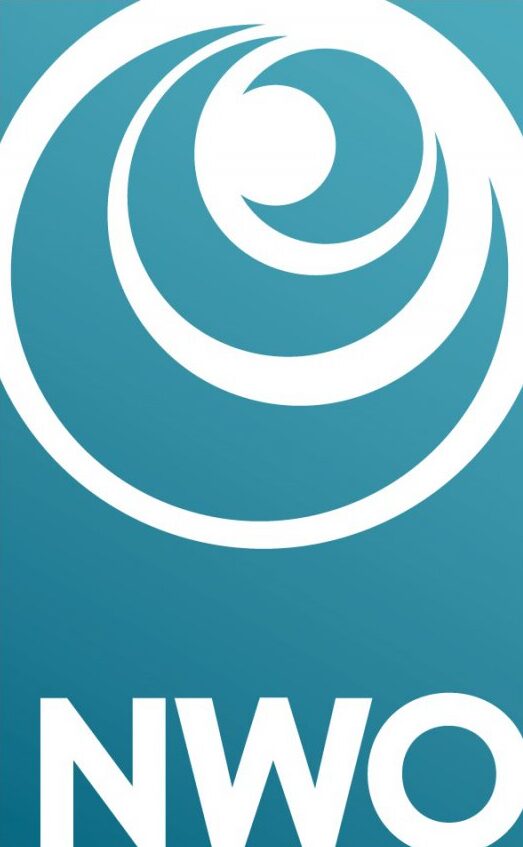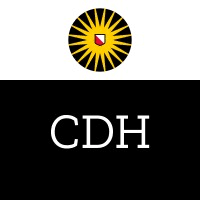Graduiertenkolleg 2024
Reparation and Restitution in German History and Politics: A Reassessment
On 7 February 2024, the Wording Repair project in collaboration with the Duitslandinstituut Amsterdam organised a Graduiertenkolleg on the history and politics of practices of repair and restitution in Germany. Featuring advanced (R)MA students and PhD candidates based at higher education institutions in Germany, Israel, and the Netherlands, the Graduiertenkolleg was organised by dr. Hanco Jürgens (DIA / UvA) and dr. Lorena De Vita (UU), titled: Reparation and Restitution in German History and Politics:
A Reassessment.
The Graduiertenkolleg:

Participants examined the complex topics of restitution and repair in German history and politics from a multidisciplinary perspective, covering a broad chronological and thematic arch. This international graduate workshop proved to be an excellent opportunity for advanced (R)MA students, PhD candidates, and early career researchers to present papers, get to know one another, and discuss their work in progress with peers and (inter)national experts in the field(s). The discussion paid specific attention to newly available primary sources, non-traditional methodologies, and the engagement with perspectives of previously understudied actors. The full program, including participants and paper titles, is available at this link.
Public Lecture at Spui 25:
Waves of Restitution, Reparation, and Cultural Memory after the Second World War

At the end of the day, the participants joined the audience for a public lecture delivered by prof. Constantin Goschler (Ruhr University Bochum), with a commentary delivered by dr. Lorena De Vita (Utrecht University) at Spui25. The debate on reparations and restitution for victims of war, persecution, and human rights violations remains ongoing and topical. In this lecture, historian Constantin Goschler explained why and how these debates have changed in the German context, due to ‘memory-booms’, globalisation dynamics, changes in domestic and foreign policy, and generational shifts. Lorena De Vita provided a public commentary on the lecture, and Hanco Jürgens moderated the debate with the audience.
Did you miss the conversation and would like to know more?
The video recording of the evening is available below:







